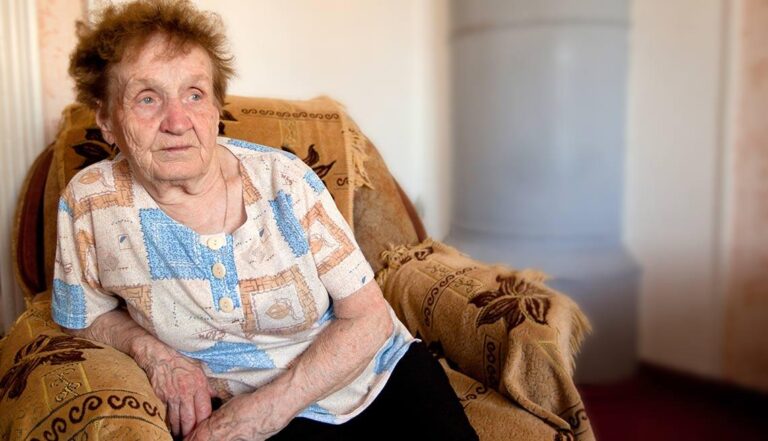Introduction to Elderly Poverty
The issue of poverty among the elderly remains a significant challenge in many developing countries, including Guinea-Bissau. This demographic is often overlooked, despite facing unique hardships. The intersection of limited social services, economic instability, and lack of access to healthcare exacerbates their struggles.
Current Situation of the Elderly in Guinea-Bissau
In Guinea-Bissau, a substantial percentage of the elderly population lives below the poverty line. Many seniors rely on informal support from family, as the formal safety nets are inadequate. The country’s economy has faced numerous challenges, which further complicates the situation for vulnerable groups.
Social Services and Support Systems
The existing social services for the elderly in Guinea-Bissau are minimal. Programs that provide financial assistance are often underfunded and poorly managed. Implementing more robust support systems is essential for ensuring the dignity and wellbeing of the elderly.
Healthcare Access for the Elderly
Access to healthcare is another critical factor in addressing elderly poverty. Many older individuals struggle to obtain necessary medical care due to financial constraints. Improving healthcare access is vital for both physical and mental health in this demographic.
Strategies to Combat Elderly Poverty
Various strategies can be employed to combat elderly poverty in Guinea-Bissau. Strengthening social security systems is crucial to provide financial support to older citizens. Additionally, developing community-based programs can foster greater inclusion and empowerment.
Potential Role of Non-Governmental Organizations
Non-governmental organizations (NGOs) can play a pivotal role in addressing elderly poverty. They can offer targeted assistance and advocacy aimed at improving the living conditions of seniors. Collaborations between the government and NGOs may lead to more effective solutions.
Conclusion
Addressing elderly poverty in Guinea-Bissau requires a multifaceted approach that includes policy reform, community engagement, and enhanced healthcare services. By prioritizing the needs of this vulnerable population, Guinea-Bissau can build a more inclusive and equitable society. For more information on this critical issue, visit Borgen Project: Elderly Poverty in Guinea-Bissau.

